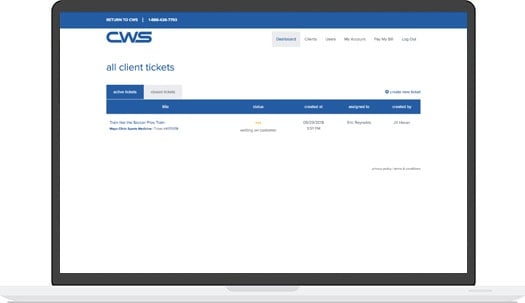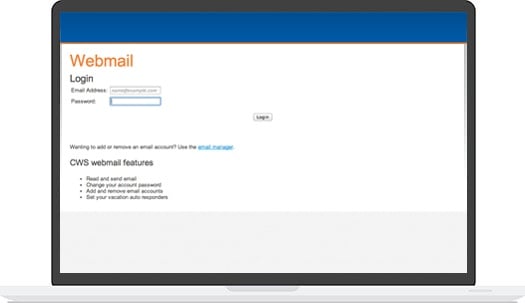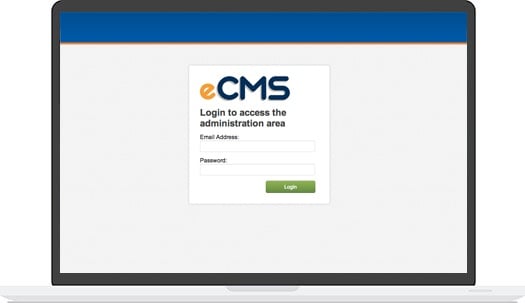Apps have made their way into everyday life; there is quite literally, an ‘app for that’. Apps look pretty and function well, but the reality is they’re expensive and time-consuming to maintain. Before you do your research, outline what functions you want the app to perform, and how that process is currently being handled. Unless you have a specific purpose or function that is easier to complete within an app environment, an app isn’t necessary for your website strategy. Instead, consider concentrating on making your website optimized, mobile-friendly, and responsive.
Chances are your mobile responsive website is already doing many of the functions you would want an app to accomplish: an environment that’s easy to navigate on a smaller screen, a convenient way to find information, login to a profile, and perform other basic functionalities. As mobile responsive design improves, many features perform just as well or even better on a website platform compared to within an app. There are many advantages of having a well-functioning, mobile responsive website as opposed to an app for your website.
#1 Update Pitfalls
Having multiple spots for content and information can confuse your audience simply because it increases the chance of having different, conflicting information between your platforms. Having to make updates to one spot is a huge advantage. With a website, the updates are live immediately. You never have to worry about information being out of date or out-of-sync between the two platforms. With an app, your changes are dependent on your users; they won’t see the updates until they download the most recent version of your app. You also lack flexibility of when and how many updates you can make. Make an update and find a mistake the next day? Too bad, you’ll have to wait until you’re ready to release the next version of your app. With a website, you can make as many updates as you want, whenever you want.
#2 SEO Drawback
In addition to a more streamlined update process, having all of your information in one spot is beneficial for SEO purpose. Each and every time people link, share, and utilize your mobile website, you’re getting SEO perks and valuable website data. Improving SEO makes your site and information more search friendly. With an app, you don’t have that search result benefit and there’s a good chance your app will get lost among the thousands of other apps in the app store.
#3 Google and/or Apple Approval for Distribution
If you have an app, the best way to get it out to the most people is to go through the Google App Store on Android and iTunes on Apple devices. This is a process in and of itself. It first means you have to create two different versions of your app: one for Apple and one for Android to reach all your users. It also requires an approval process that can take up to a week, and your app runs the risk of being rejected and sent back to the drawing board. Not going through one of the major app stores isn’t advised as your app won’t get the exposure and will likely be flagged to most users as coming from an unknown/unsafe source. With a website, there obviously isn’t a review process. Your updates are live the second you hit, “Save and Publish.”
#4 Permissions that can be Invasive
In the app world, many apps ask for, or even require, permissions to access things like contacts, the device’s camera, your location, etc. Believe it or not, this does discourage people from downloading your app. From a user experience perspective, simply having a clean, mobile responsive website may be beneficial. People are familiar with the interface, know what to expect and how to operate, and there remains a comfortable disconnect between the user device and your website. They are able to get their information in the least invasive way possible.
#5 Space Limitations
Along with access rights, apps also tend to impede on a user’s phone storage. Your app takes up an (often limited) amount of space on a phone’s hard drive. When push comes to shove for storage, unless your app provides them a valuable service, they will delete the apps they use the least. According to TechCrunch, the average lifespan of an iOS app is 30 days or less.
There are many benefits for your audience and overall strategy for focusing on a highly optimized, mobile responsive website as opposed to an app for your website. A website is the most streamlined, straightforward option for improving your presence on mobile devices; however, it all comes down to user experience. If you have a specific process that could be improved within an app environment, an app might be right for your strategy. But if you just want a clean, mobile-friendly presence that looks great and functions across multiple devices, an app is not the answer; you can achieve that goal with a great website.

.jpg?t=1533315998368) How-To Articles
How-To Articles Support Portal
Support Portal Webmail
Webmail Rapid Newsletter+
Rapid Newsletter+ eCMS
eCMS


 Emily is the head Content Creator. She enjoys communicating complex ideas in an easy-to-understand way.
Emily is the head Content Creator. She enjoys communicating complex ideas in an easy-to-understand way.
